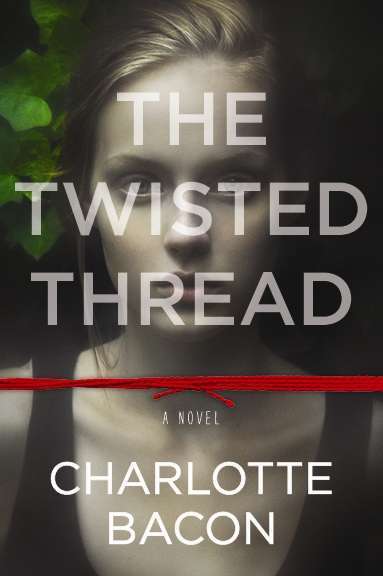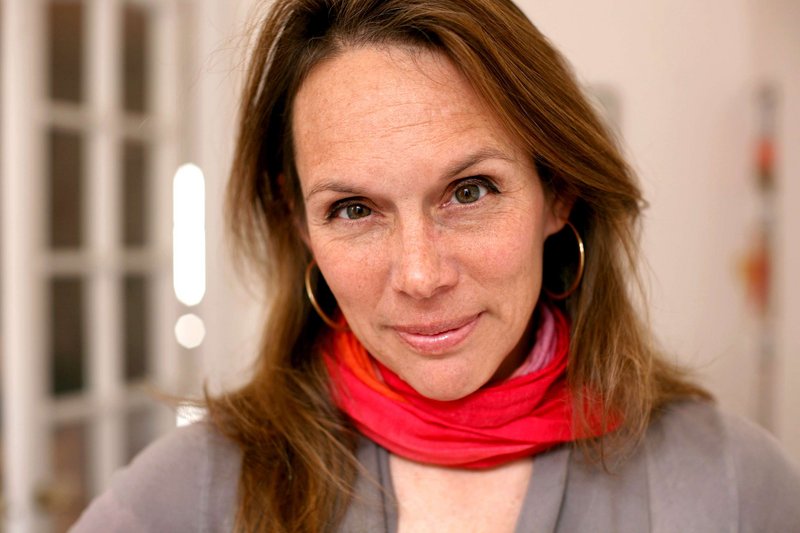You often hear writers say “write what you know.”
Well, Charlotte Bacon knows a little bit about New England private schools. She and her husband combined have attended or taught at a bunch: Miss Porter’s School in Farmington, Conn.; St. Paul’s School in Concord, N.H.; Phillips Exeter Academy in Exeter, N.H.; and Milton Academy in Milton, Mass.
Bacon will soon be moving from New York City to Yarmouth, where her husband, Brad Choyt, will begin his new job as headmaster of North Yarmouth Academy.
So it shouldn’t be a huge surprise that Bacon’s new novel, “The Twisted Thread” (Voice/Hyperion, $14.99), is set in a fictional New England town roughly divided between the children and faculty at a private school and working-class families who make a living at the local factory. Against this backdrop, there’s a murder mystery as well.
Bacon, who has taught English at the University of New Hampshire and other schools, says the book was her attempt to reach a larger audience than she had with her previous releases, which were literary fiction.
Q: When did you become serious about writing?
A: I started when I was 26 or 27 and went back to grad school. There comes that moment when you ask yourself, “What am I going to get serious about?” I got my (degree) from Columbia, and have been writing seriously ever since.
It wasn’t particularly what I wanted to do as a kid. It was not really a passion until I was in my 20s. I love to give language form and to make characters come alive as crisply as possible with words. I have an intense fascination with people and why we make the choices we make.
Q: Is the town in your book in Maine? Or is it based on any specific New England town?
A: No. I’ve had experience with a wide range of private schools. Both my husband and I went to boarding schools and taught at boarding schools. The school in the book is utterly fictional; it’s an amalgam of different places. It’s really about the split between people who attend and work at those schools, and the people in the towns where those schools are. That’s a very interesting class difference that occurs in a lot of towns.
Q: How did you decide to write this book?
A: It’s really a change of genres for me. I had written short stories and three novels, mostly literary fiction. I was interested in connecting with more readers in a more direct way and trying something that is more of a risk. I wanted to try something more fun and a little more relaxed, and see what I could do with plot. In literary fiction, the plot can be the heroine tucking her hair behind her head. But not in a suspense novel.
I got a terrific education at my school, and loved my school. But it was high-powered and intense, and there are elements (in private schools) that perpetuate privilege and elitism that are troubling. I wanted to explore that.
Q: How do you define literary fiction?
A: Beautiful, elegant stories with a premium on writing and character. Meditations on life. They can be set anywhere, and characters can do anything.
It’s what I love to read, and what I’ve been most moved by. What I wanted to do is take what I’ve learned from that — the craft and character emphasis — and move things with a more lively setting and plot.
Staff Writer Ray Routhier can be contacted at 791-6454 or at:
rrouthier@pressherald.com
Send questions/comments to the editors.




